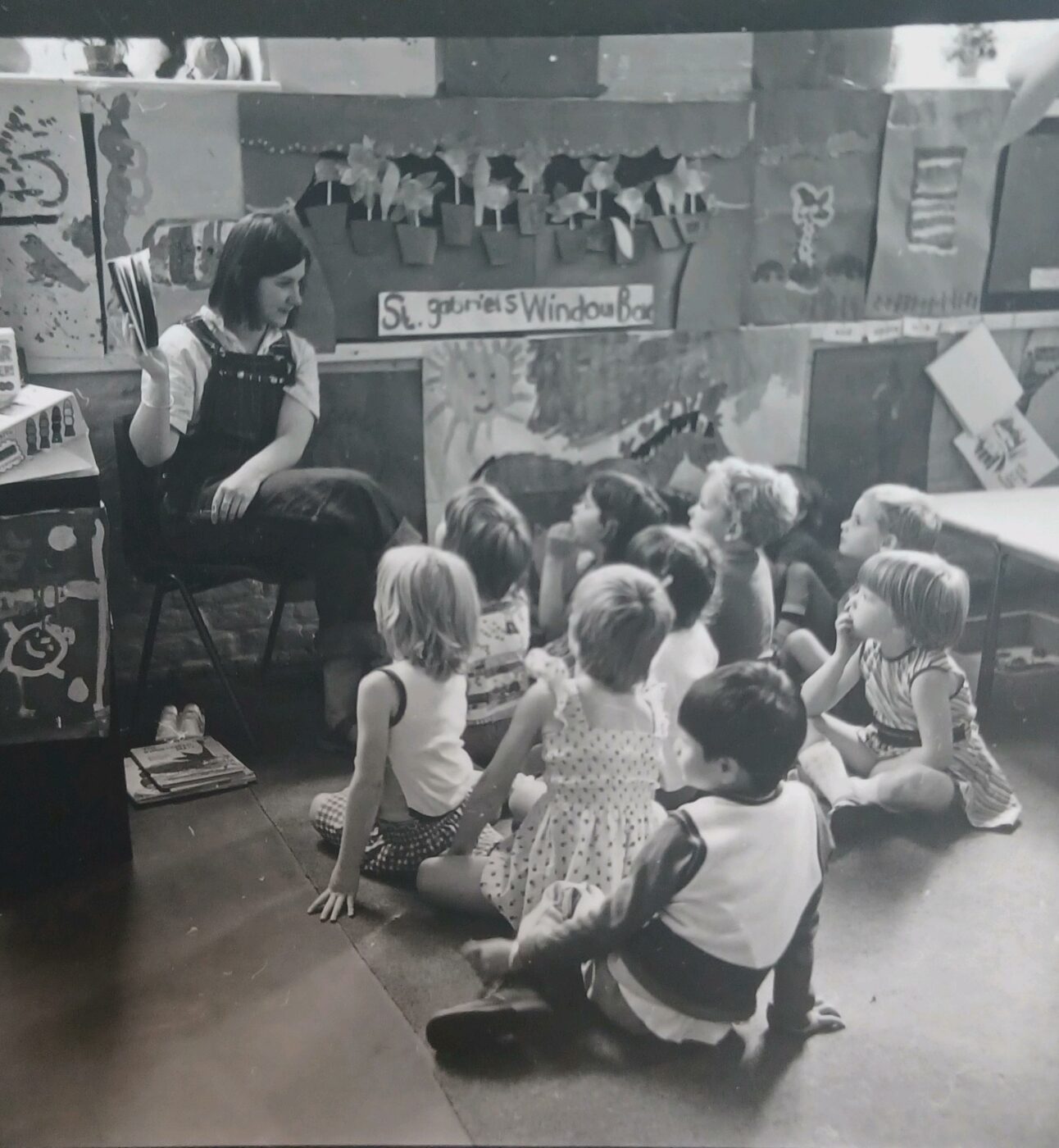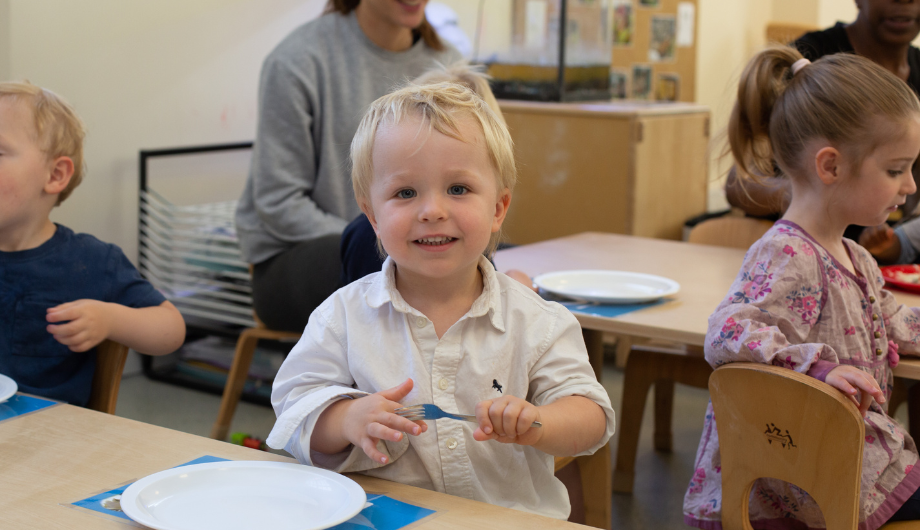
Talking Early Years: Celebrating 120 Years at LEYF
The Year That is 2023 – This year, we are proud to celebrate 120 years of LEYF. It’s been fascinating to reflect back on what has changed over…
March 6th 2011
I have learned that if I am to truly avoid all contact with the world of work, then I need to go abroad without a phone or internet access. To this end, I recently spent a lovely few days immersed in the renaissance art of Florence.
On my return came the announcement that the Department of Education had allocated £60m of hard earned tax payers’ money to over 100 so-called voluntary and community organisations. The serenity of the Botticellis soon evaporated into a sort of Sir Henry Taylor level of gall and indignation – as his saying ‘where there are large powers with little ambition, nature may be said to have fallen short of her purposes’ came rapidly to mind.
Why was I feeling so cross? Principally because the purpose of the grants was to enable organisations to play a more significant role in reforming and delivering services for children, young people, parents and families – and with a particular emphasis on early intervention and tackling the needs of the most disadvantaged groups. What weasel words. Is this not another way of wasting our time and effort, whilst looking at ways of cutting funds for children services. Funding the usual suspects is hardly an innovative way forward.
Maybe I am being unfair, but in these difficult times – where organisations like mine are losing significant contracts to provide for children in need and run children centre services – it’s hard to stomach sums of over £100k plus being allocated to endless support organisations, many of which should be partnered up and formed into single entities. According to the department, the aim of these grants is to free organisations up from dependency on grants… well there is little need to become sustainable if all the central costs are funded by tax payers. What is the point of the Transition Funds? Was this not designed to support such organisations become sustainable? In my book, that’s £160m of money that could be better spent providing real services to children and their families.
I was also baffled and bemused by the other big decision (worth £1m over two years), which saw the strategic lead partnership for the early years and childcare sector allocated to a group of organisations, none of which are either specifically early years or childcare. I suppose what galled me more was how this would pay for at least 65 full daycare places with family support in my organisation for vulnerable children in high need. Instead, this is something we currently have to raise our own funds for, since such children not yet on the Child Protection list no longer constitute high priority. So much for applying the principles of early intervention…
The allocation of all this money is supposed to develop a vigorous and responsive sector, freed up from the dependency on grants and better equipped to operate within a payment by results environment; it is meant to make such organisations commissioning ready and look at innovative approaches to lever private investment. What strikes me is there is quite a tension and I will be intrigued to understand how organisations funded by the department can offer independence, challenge and innovation. Let’s only hope Jonathan Swift’s comment that ‘power is no blessing in itself, except when it is used to protect the innocent’ remains high in all our minds.

The Year That is 2023 – This year, we are proud to celebrate 120 years of LEYF. It’s been fascinating to reflect back on what has changed over…

We have been raising the issues of childcare funding for over 10 years. It has been so long, I am amazed at how patient I’ve remained – and…

In the beginning of 2022 So here we are. The final blog of 2022. And hey, we’ve managed to get through what has been a year of discontent and foolishness.